Reasonable Adjustments in the Recruitment Process for Autistic Candidates
As employers, recruiters, and with a committed DEI mission as an organisation, we aim to ensure that everyone has equal opportunity in the recruitment process. This can involve making reasonable adjustments which can be physical, verbal, practical or support related guidance. All guidance will adhere to the Equality Act 2010.
At the start of World Autism Week in the UK, we have compiled a list, in conjunction with our charity partners, The National Autistic Society, of reasonable adjustments that can be made in the recruitment process to ensure it is inclusive and helps make a difference for autistic candidates.
JOB DESCRIPTION
Language used in job adverts. Avoid jargon, and terminology like ‘team player’ which may not actually be required to effectively execute a role.
APPLICATION FORM
Ensure there are clear objectives and requirements in the application form.
Inform and ensure candidates are given the opportunity to request ‘reasonable adjustments’ for an interview scenario.
Ensure there is a word count limit on an application form if the candidate is required to produce a written answer.
JOB ADVERTS
Ensure that essential skills and objective experiences and abilities are included; many job descriptions include skills that are not necessarily required.
Try not to use jargon or language that may not be understood outside that context.
Try to stick to advert designs that are easy to navigate and not over-complex.
INTERVIEWS ADJUSTMENTS
Use clear, straightforward language and align this with the candidate’s communication and response style; try to avoid metaphors, slang, and idioms.
Allow processing time for answers – some people may need as much as 6 seconds to assimilate a question in order to answer properly.
Consider providing questions in advance.
Provide as much information about the interview format in advance. This can include what will happen on arrival, how long the interview will last and next steps.
Be aware of your body language as an interviewer; – understanding body language or maintaining eye contact for long periods may be difficult for some candidates.
Try and have a ‘bar raiser’ interviewer present (an interviewer who is brought into the hiring process to be an objective third party). However, be aware that the candidate may feel more comfortable with a smaller number of interviewers.
Offer video-based interviews for those that prefer this to the typical face-to-face scenario.
Try to use a quiet space (glass interview rooms or busy offices may cause distractions).
Avoid generic questions (tell me about yourself), abstract or hypothetical questions and keep questions direct and literal. Using specific examples can be beneficial to illustrate the reason behind the question.
Give as much guidance prior to interview on what to do when the candidate arrives at the interview, how long the interview will last and the next steps.
We can help you to achieve a culture of belonging where diversity is the default. At Broadgate Search which is part of Trinnovo Group, inclusion is the norm, not the exception. Reach out to us at enquiries@broadgatesearch.com

